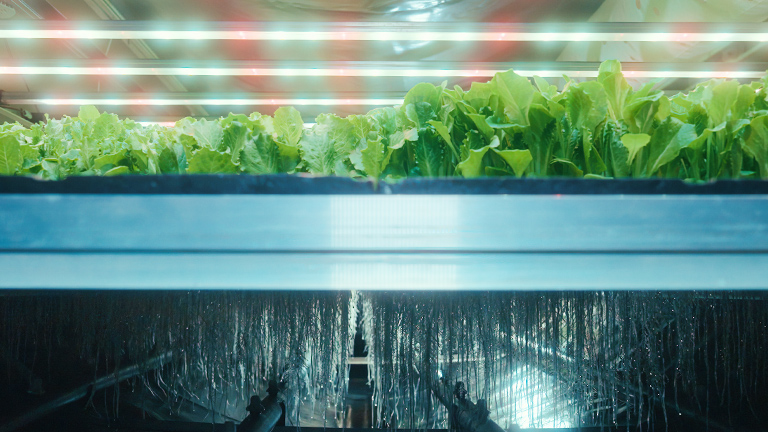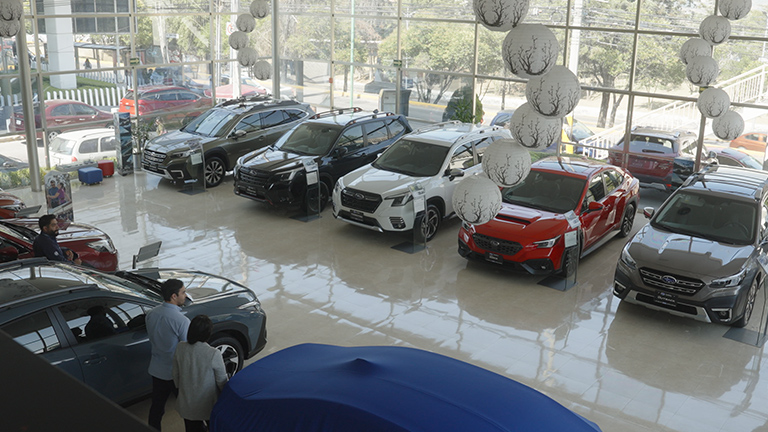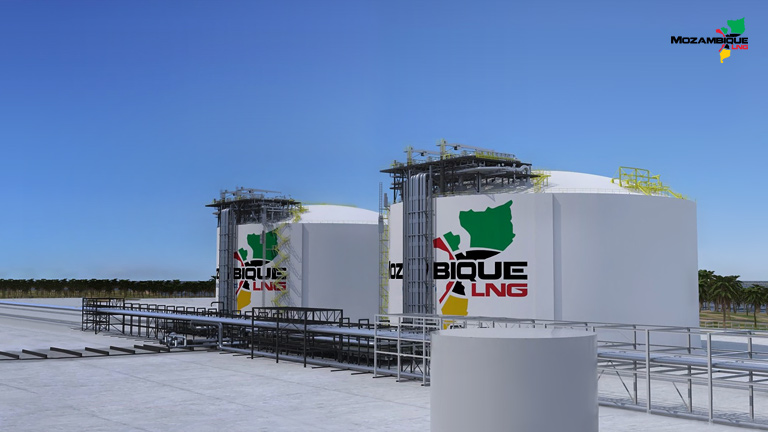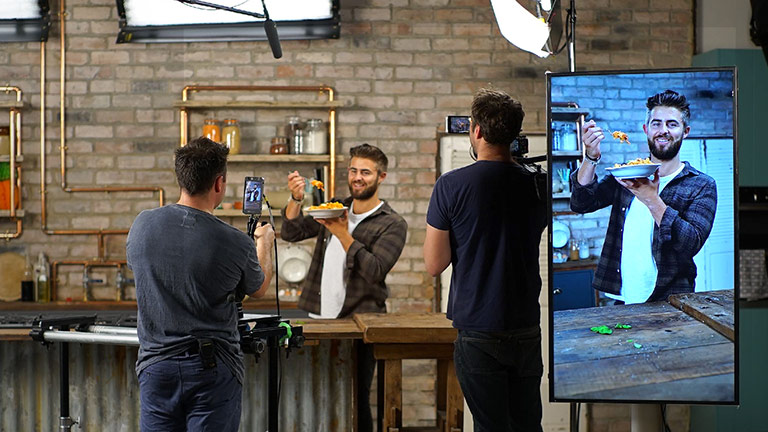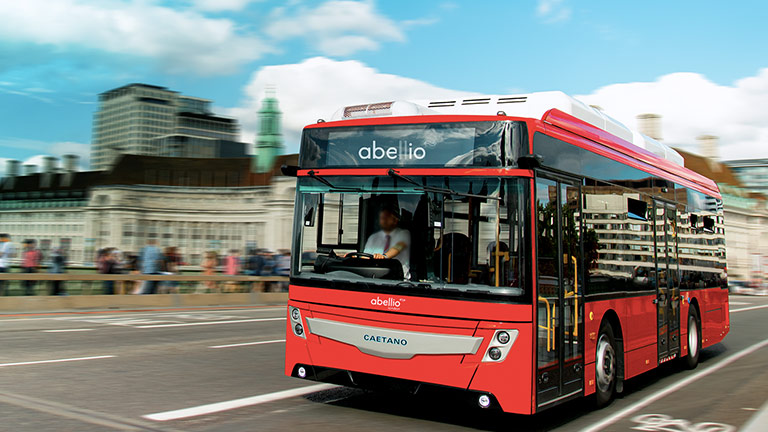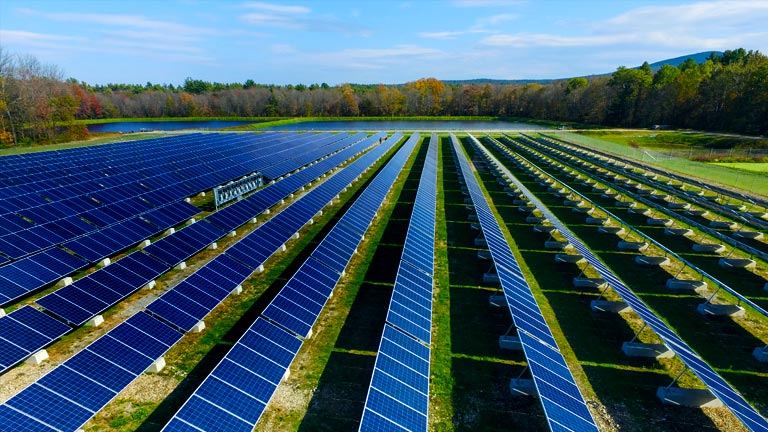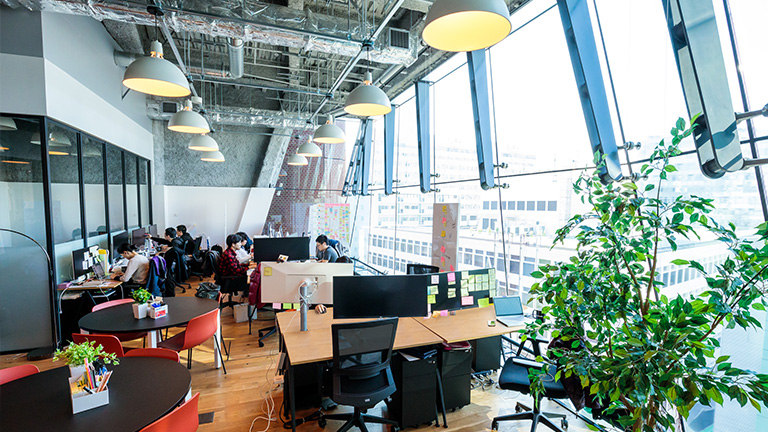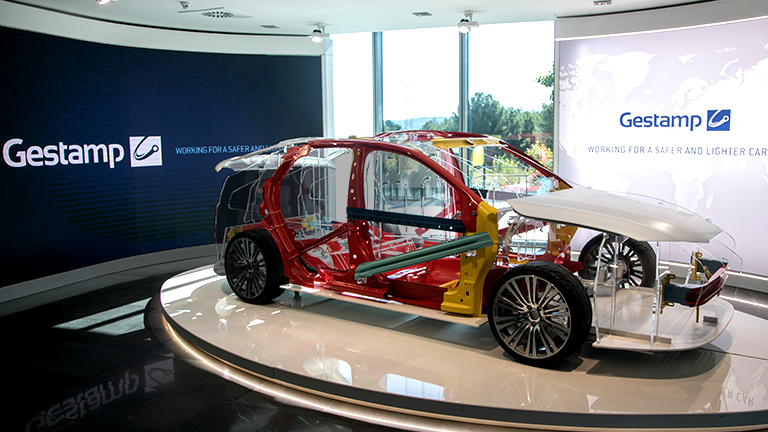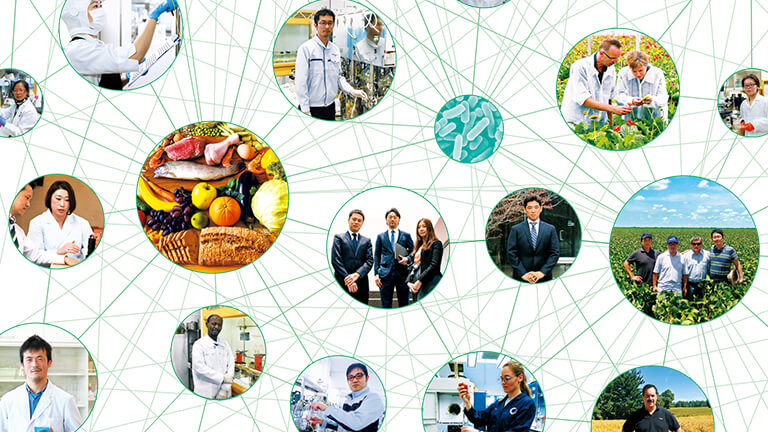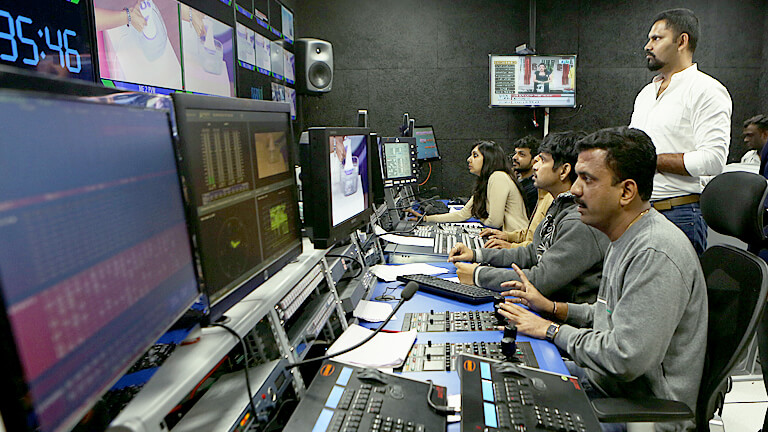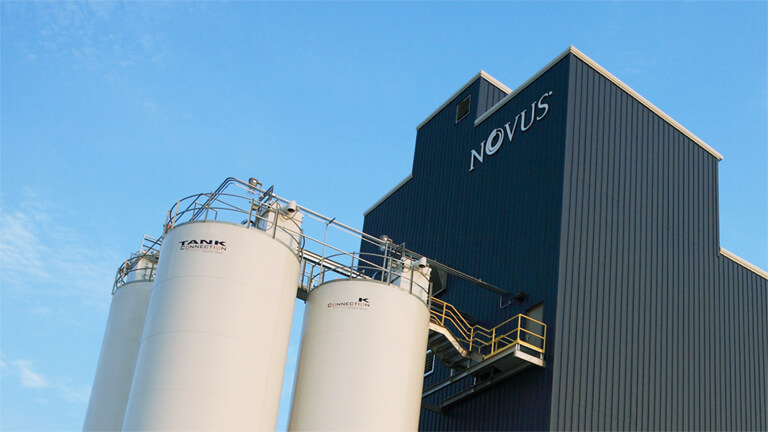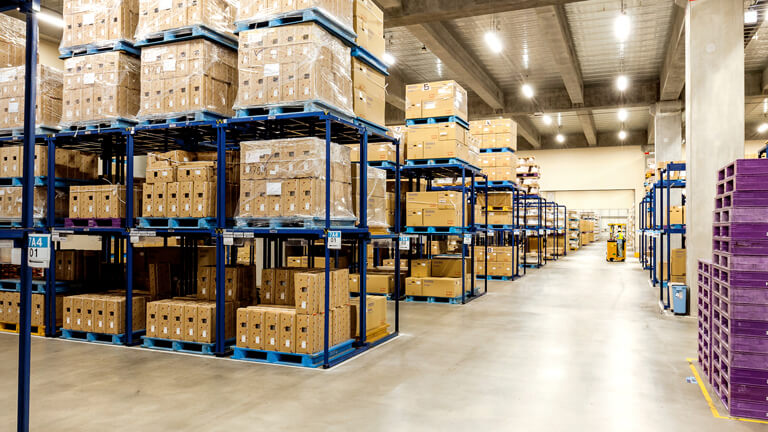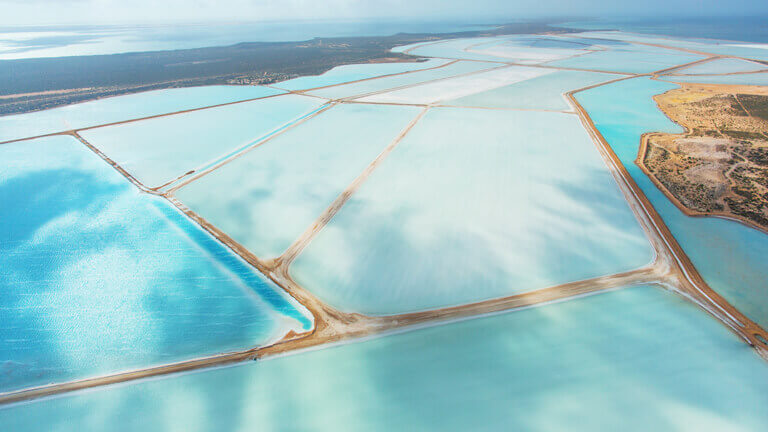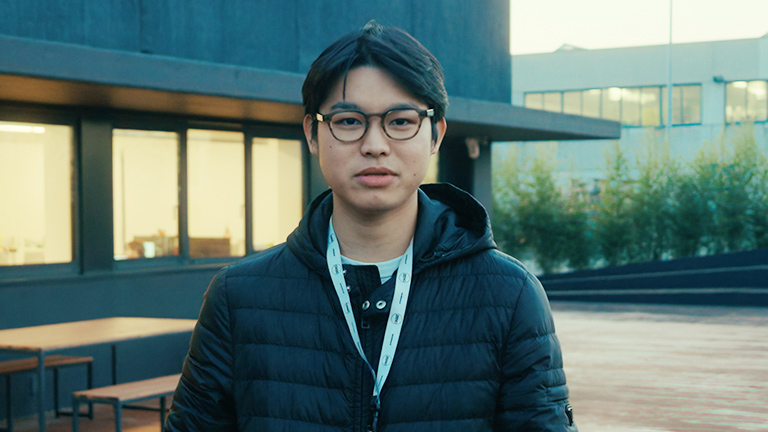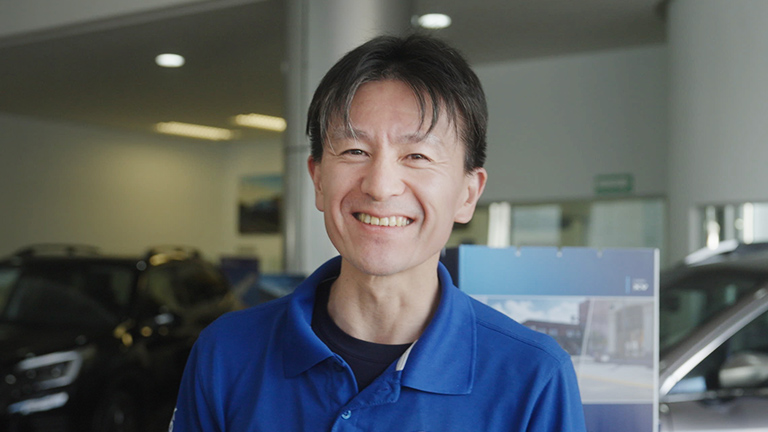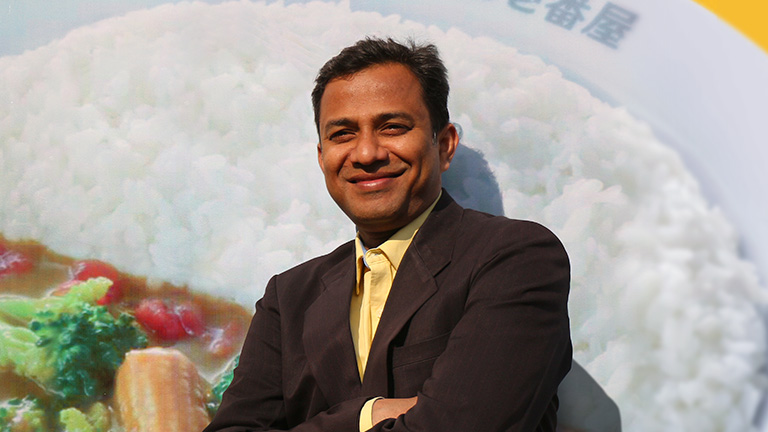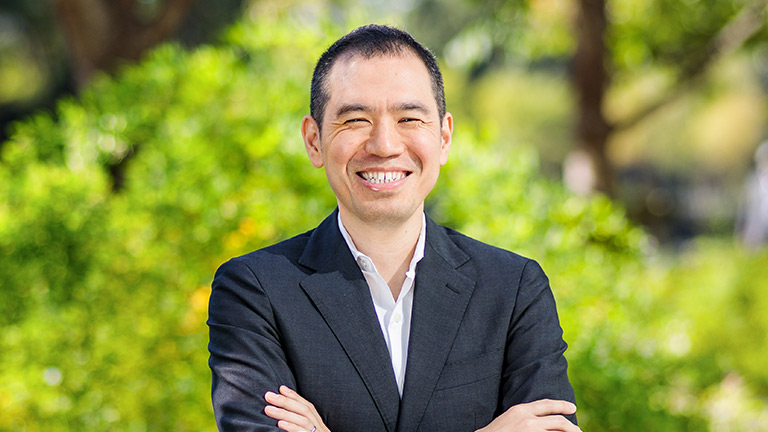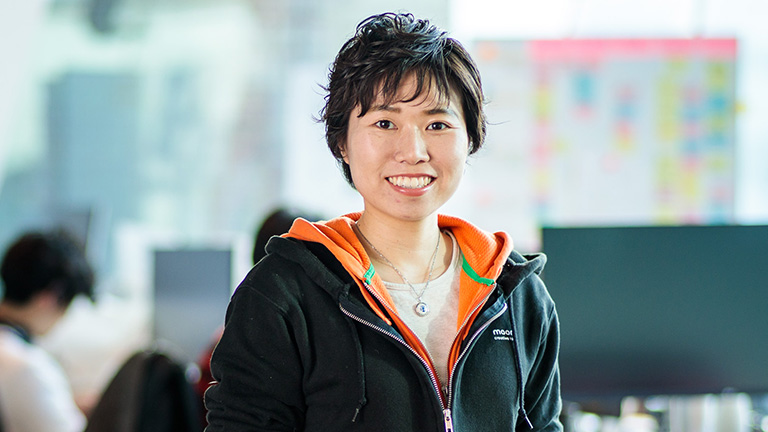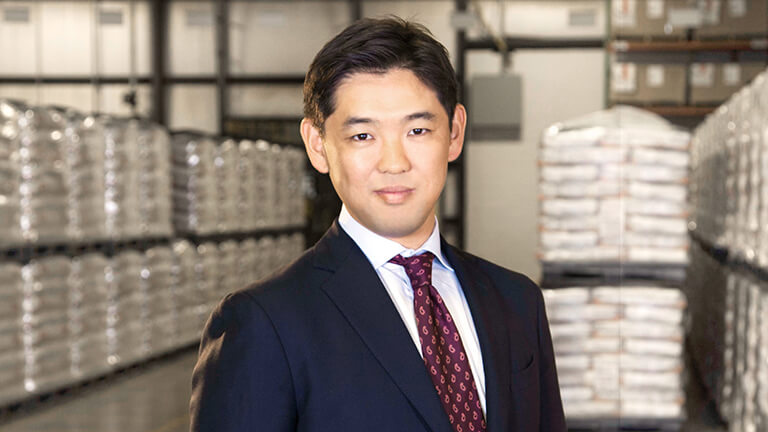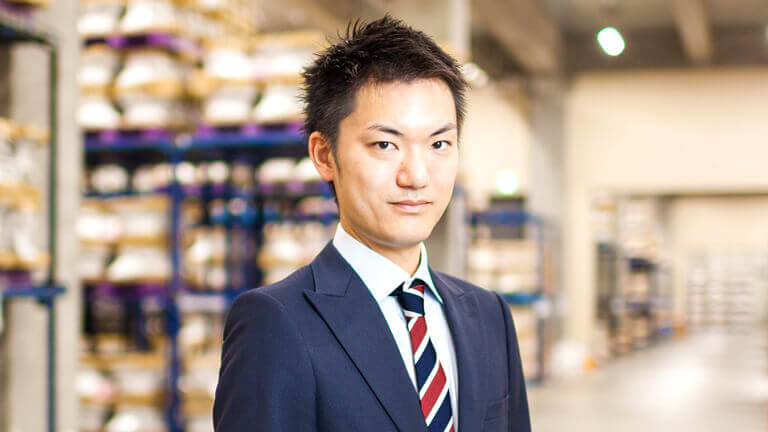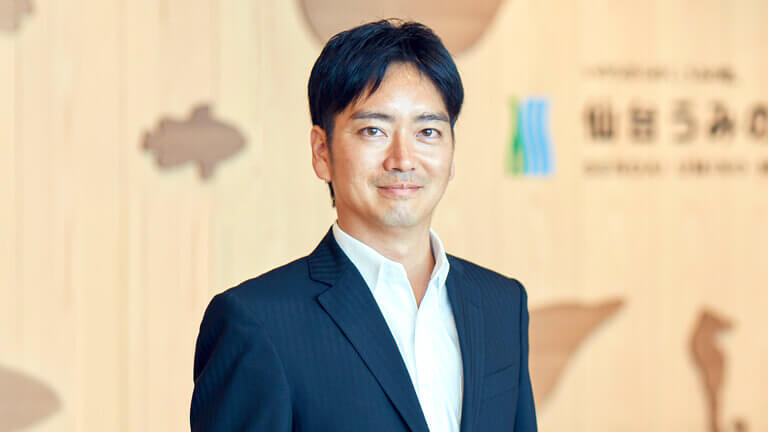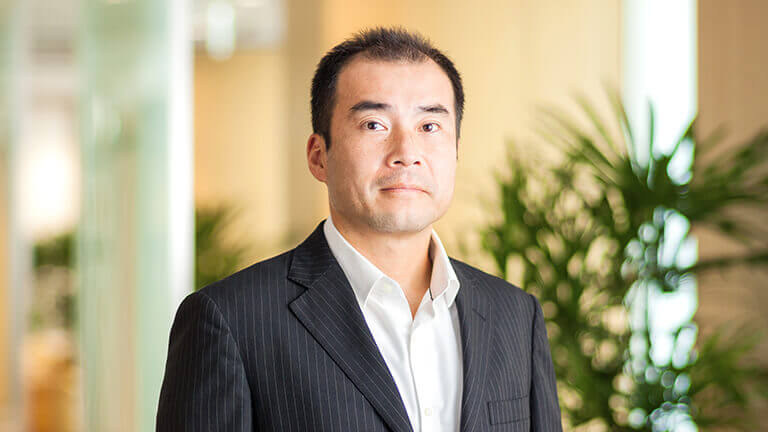
People
Dai Hosoya
President, Subaru Automotriz México
With a population of 129 million people and an average age under 30, as a country Mexico is bursting with youthful energy. Dai Hosoya is relishing the challenge of developing the market for Subaru cars there alongside his local colleagues.
Building the brand of a Japanese car maker

I’m president of Subaru Automotriz México and I’m based in Mexico City. I was posted here in 2017. I’ve been here almost seven years now.
Subaru Automotriz México is owned 100% by Mitsui & Co. What are my responsibilities? Basically, Subaru has entrusted their brand to us in what’s a fiercely competitive car market where all the world’s car makers have a presence. My job is to do everything I can to raise the brand’s value and to increase sales.
Subaru Automotriz México performs a wide range of functions: developing a local dealer network, raising brand recognition through marketing, organizing promotional activities like test drives. We also train up sales staff and import components. Recently, we started offering financial services like car loans and insurance.
In the business, we’re what’s called a distributor, an agent who imports and sells vehicles wholesale. But that doesn’t reflect the full extent of what we do and the level of control we have. We built this market up from a very low base.
When I first got here, the Subaru brand was in a bad way. Subaru first entered the Mexican market in 2006. For a decade, another company, not Mitsui, acted as their distributor and it did not go well. In 2016, when Mitsui took over responsibility for the brand, monthly sales were just 100 vehicles. There was an overhang of 900 unsold cars, most of them old models.
The first thing I did was to clear out the inventory. We used heavy discounting to sell off the old cars. We canceled our contracts with 20 of our 23 dealers and rebuilt the dealer network from scratch. It was a root-and-branch restructuring. We made major personnel changes, introduced proper training, moved to a new office, and started importing components.
Thanks to the restructuring, the business finally started to get back on track. Then what happens? We get smacked with the pandemic. On top of that, the weaker peso meant that the more cars we sold, the more money we lost! It was dire. Eventually, we make it through the pandemic, the market begins to recover—and next thing you know there’s a semiconductor shortage. The situation was flipped on its head: Now we had a ton of orders but had no inventory, so we couldn’t sell any cars. It was maddening.
Considering what we’ve been through, we have plenty to be proud of. Step by step, we’ve built up our yearly sales to 4,001 units [2023 figure]. To build the Subaru brand—a truly unique brand—here in the Mexican market with all its potential and all its challenges, is a very rewarding job.
Subaru is a relatively small-scale automaker. If we just copy other brands, we can never win. We really need to use our brains. It’s challenging, but it’s fun too.
The best advice I ever got
As a student, I spent a lot of time backpacking. I went to Romania, Turkey, Iran, Pakistan, India, Bangladesh, Vietnam, China. Of my four years at university, I probably spent a full year on the road. I used to get back to university a few weeks before the exams, borrow my friends’ notes and study madly to pass the exams!
When I applied for jobs, I didn’t really know what trading companies did. I just wanted to work abroad. That was it. Thanks to that dream, I’ve been able to build up my career with stints in different countries. I spent two years in Italy, six months in Chile, four years in Peru. And this is my seventh year in Mexico. All in all, it adds up to 15 years outside Japan.
In the course of working abroad, I discovered that what I really wanted to do was to run a Mitsui auto subsidiary overseas. In that sense, I’ve managed to realize both of my dreams.
I think I’m pretty good at adapting to local cultures. That’s probably my backpacker mentality coming to the fore. I’ve worked with people of many different nationalities and backgrounds, but my rule is always to be natural, just to be myself.
For instance, even though I’m company president, I don’t have a separate private office. All sorts of people work in the auto business. The people at Mitsui’s Tokyo HQ are mostly the products of elite universities. The people I work with here are much more varied, not quite so conventional.
The way people work in Mexico is not the same as Japan. For example, in Japan finance companies have a similar respectable image to banks, but in Mexico they can be a little on the wild side. If you default on your car loan, they’ll repossess your car and come after you till they get the money back. There are things you can’t imagine going on.
I feel that I am getting to put all my past experiences to work here. Nothing has gone to waste. There are two useful pieces of advice I got that I will never forget. I got them from colleagues. One is “No diga no. Diga sí pero.” The other is “Paciencia! Paciencia! Paciencia! Repetir! Repetir! Repetir!”
“No diga no. Diga sí pero” is something a colleague of mine said to me when I was working in Chile. It means “Don’t say no. Say yes, but.” The point is to be positive, forward-leaning, not to be too quick to say no. You agree, but you insist on strict conditions. Even now, I try to say no as infrequently as possible.
The “Paciencia!” phrase simply means “Patience, patience, patience. Repeat, repeat, repeat.” When I took over as president of Subaru Automotriz México, I brought the former head of Subaru Chile on board as my adviser. Subaru Chile is a very successful distributor. When I asked him the secret of the firm’s outperformance, he said that a good manager must be able to work with all sorts of people, even people with slightly rough edges. That’s why patience and repetition are crucial.
It doesn’t sound like much, but I’m reminded what an important lesson it is every single day I go into work. Here’s an example. In Mexico, if you lose your temper in an attempt to break a logjam, things will grind to a halt. In Japan, a display of anger is a sort of accepted maneuver to get things moving along. Do anything like that here and people are likely to become uncooperative.
So if I ever feel tempted to lose my temper, I get myself under control and just explain things for a second and a third time, if necessary. That’s become my standard operating procedure.
Things were difficult when I took over, just one bad thing after another, with the pandemic and the semiconductor shortage. These two pieces of advice helped me to keep going and not lose heart.
Working for the corporate family—and for Japan

What’s been my happiest moment since I was posted to Mexico? It’s got to be the moment the company got out of the red and became profitable. That was in my fourth year, 2021.
In Mexico customarily a fixed proportion of company profits is paid out to employees as a sort of dividend. I’ll never forget the joy in the faces of the employees as they received those first dividend checks. They all felt—and so did I—that our pain and hard work had in the end been worthwhile.
When I first got to Mexico, the brand recognition of Subaru was astonishingly low. People confused Subaru with Saab and would ask me if it was a Swedish company; some other people thought it was a white goods maker. I almost never saw another Subaru when I was driving around Mexico City. If I did, the chances were it was one of our employees driving it!
Now I usually see several Subarus every day. I like to watch them as they drive by. That always cheers me up.
Still, the real challenges lie ahead. Our next goal is to achieve 1% market share by 2028. That’s 15,000 cars per year, so we need to triple sales in four years. We are going to have to strengthen all our capabilities: our people, our systems, our sales network, our office capacity.
I want to achieve that 1% target more than anything. I also want to leverage what I have learned to expand Mitsui’s broader mobility business in Mexico. I’d like to be responsible for Subaru in other countries. The more you progress, the more expansive your targets become, so I have no single, definitive goal.
What is my personal ambition? That’s a hard one to answer off the cuff. If you include families and dependents, Subaru Automotriz México probably supports around 1,000 people. Having built a healthy business, I want to make sure all the people associated it, my own family included, are happy, I suppose.
What else? I suppose I care about the well-being of Japan. I want to be of service to my country. Increasing auto exports is good for the country. Yes, despite all my backpacking and my 15 years abroad, I still love Japan!
Posted in March 2024

